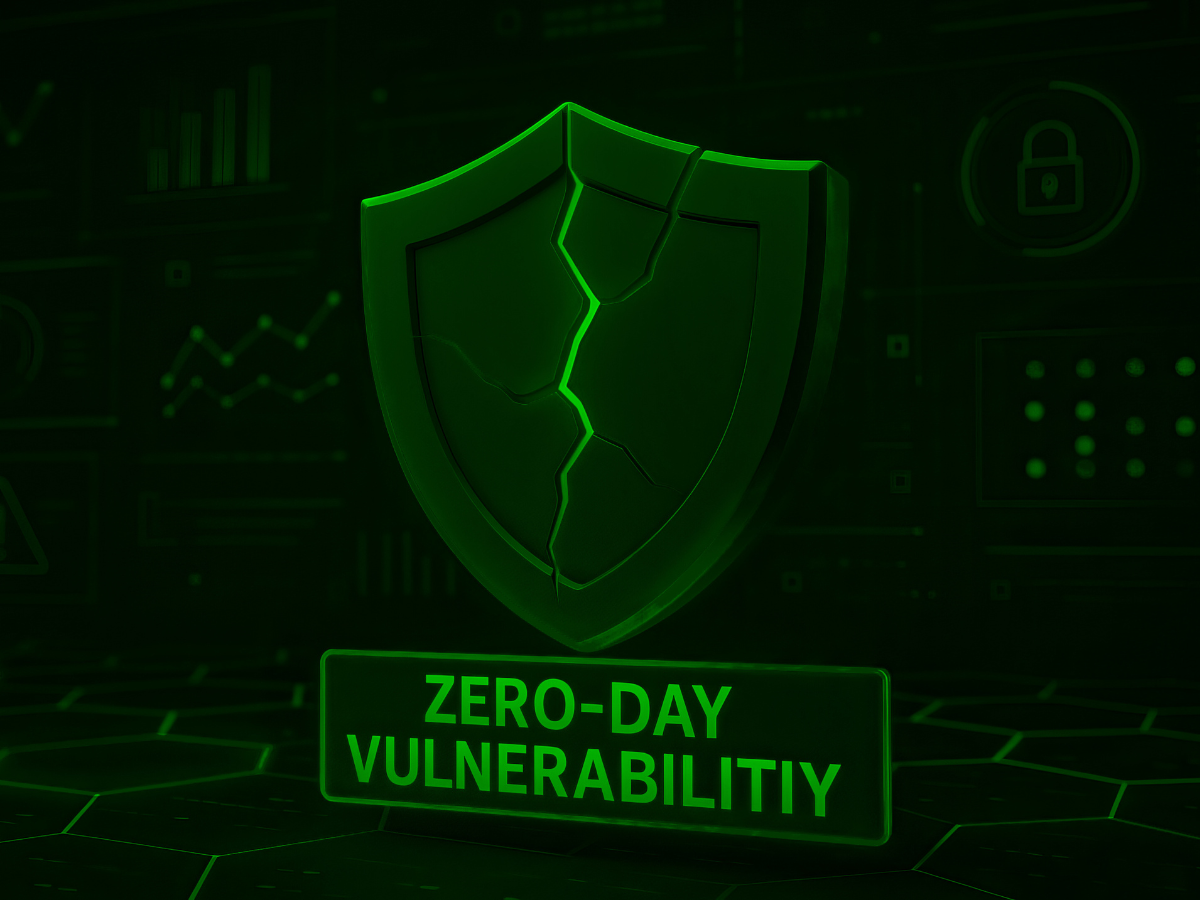Essential Cybersecurity Tips for Small Businesses
Carmine Corridore
In today's digital age, small businesses are increasingly relying on technology to run their operations. However, with this reliance comes the risk of cyber threats.
Cybersecurity is not just a concern for large corporations; small businesses are also vulnerable to attacks. In fact, small businesses are often targeted because they may have weaker security measures in place. Understanding and implementing essential cybersecurity tips can help protect your business from potential threats.
Understanding Cybersecurity Basics
Cybersecurity refers to the practice of protecting computer systems, networks, and data from digital attacks. These attacks are often aimed at accessing, changing, or destroying sensitive information, extorting money from users, or interrupting normal business processes. It's crucial for small businesses to have a basic understanding of cybersecurity to protect their assets.
Why Cybersecurity is Important for Small Businesses
Small businesses may think they are too small to be targeted, but this is a common misconception. Cybercriminals are aware that small businesses often have less robust security measures, making them attractive targets. A successful cyber attack can lead to significant financial losses, damage to your reputation, and loss of customer trust. Therefore, investing in cybersecurity is essential for the survival and growth of your business.
Steps to Prevent Cybersecurity Fraud in a Small Organization
To protect your small business from cyber threats, it's important to implement a comprehensive cybersecurity strategy. Here are some steps you can take:
1. Educate Your Employees
Your employees are your first line of defense against cyber threats. It's essential to educate them about the importance of cybersecurity and train them to recognize potential threats. Conduct regular training sessions to keep them updated on the latest security practices and phishing scams. Encourage them to report any suspicious activity immediately.
2. Use Strong Passwords
Weak passwords are an easy target for cybercriminals. Ensure that all employees use strong, unique passwords for their accounts. A strong password is typically at least 12 characters long and includes a mix of letters, numbers, and symbols. Consider using a password manager to help employees create and store complex passwords.
3. Implement Multi-Factor Authentication
Multi-factor authentication (MFA) adds an extra layer of security by requiring users to provide two or more verification factors to access an account. This could be a combination of something they know (password), something they have (security token), or something they are (fingerprint). MFA makes it more difficult for cybercriminals to gain access to your systems.
4. Keep Software Updated
Outdated software can have vulnerabilities that cybercriminals can exploit. Make sure all software, including operating systems and applications, is kept up to date with the latest security patches. Enable automatic updates whenever possible to ensure your systems are always protected.
5. Secure Your Network
A secure network is crucial for protecting sensitive data. Use a firewall to block unauthorized access to your network and encrypt sensitive information. Consider setting up a virtual private network (VPN) for remote employees to securely access company resources.
How to Prepare for a Cyber Attack
Despite your best efforts, there is always a possibility that your business could fall victim to a cyber attack. Being prepared can help you respond quickly and minimize damage.
1. Develop an Incident Response Plan
An incident response plan outlines the steps your business will take in the event of a cyber attack. It should include procedures for identifying and containing the threat, notifying affected parties, and recovering data. Regularly review and update your plan to ensure it remains effective.
2. Backup Your Data
Regular data backups are essential for protecting your business from data loss. Ensure that all critical data is backed up regularly and stored in a secure location. Consider using cloud-based backup solutions for added convenience and security.
3. Conduct Regular Security Audits
Conducting regular security audits can help identify vulnerabilities in your systems and processes. Use these audits to assess your current security measures and make necessary improvements. Consider hiring a third-party security expert to conduct a thorough assessment of your systems.
Online Safety Tips for Small Businesses
Maintaining online safety is an ongoing process. Here are some additional tips to help keep your business safe online:
1. Be Cautious with Emails
Phishing attacks are a common method used by cybercriminals to gain access to your systems. Be cautious with emails from unknown senders, and avoid clicking on suspicious links or downloading attachments. Encourage employees to verify the authenticity of emails before taking any action.
2. Limit Access to Sensitive Information
Not all employees need access to sensitive information. Implement role-based access controls to limit access to only those who need it to perform their duties. Regularly review access permissions and revoke access for employees who no longer need it.
3. Secure Mobile Devices
Mobile devices are often overlooked when it comes to cybersecurity, but they can be a potential entry point for cybercriminals. Implement security measures such as encryption, remote wipe capabilities, and mobile device management (MDM) solutions to protect company data on mobile devices.
4. Monitor Network Activity
Regularly monitoring network activity can help detect unusual behavior that may indicate a cyber attack. Use intrusion detection systems (IDS) to monitor for suspicious activity and respond quickly to potential threats.
Conclusion
At Underdog Cyber Defense, we understand that cybersecurity is not just a technical requirement; it's a vital component for the success of small businesses in today's digital landscape. By grasping the fundamentals of cybersecurity and implementing the essential tips we've outlined, you can significantly enhance your business's protection against cyber threats. Remember, safeguarding your business is an ongoing process that requires continuous vigilance and adaptation to new challenges.
Stay proactive in your cybersecurity efforts by keeping your knowledge and practices updated. Partnering with experts like Underdog Cyber Defense can give you the comprehensive support and tools needed to fortify your defenses effectively.
Ready to take your cybersecurity to the next level? Contact us today for a personalized consultation and start protecting your business’s future!



